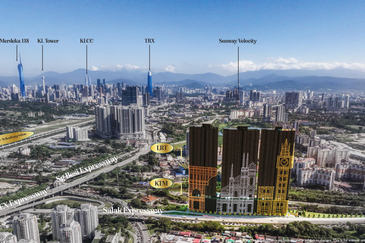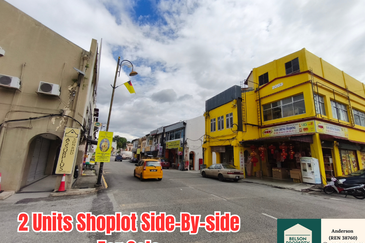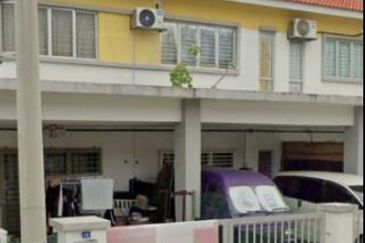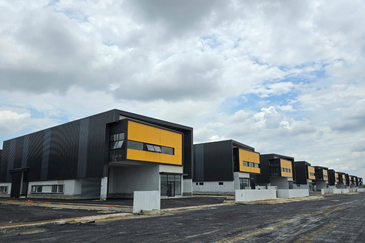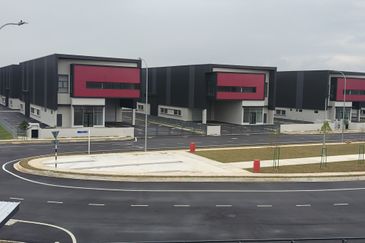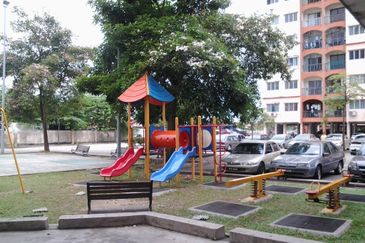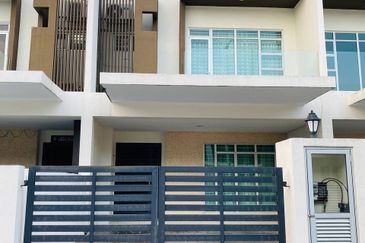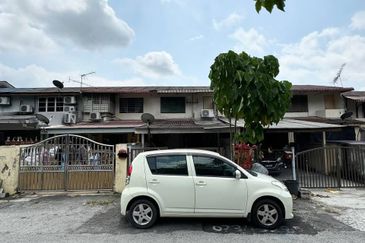
KUALA LUMPUR (June 19): Just over a year after announcing its partnership with the Malaysian government for the Digital Free Trade Zone (DFTZ), Alibaba Group has already invested US$100 million (RM400 million) in its various initiatives here. But according to its founder and executive chairman Jack Ma, “there will be much more”.
“We have the second phase of the logistics hub. We have a lot of training [to do]. This time, we are thinking of helping Malaysian companies use the cloud and exporting,” he said ahead of the launch of Alibaba’s maiden office in Malaysia yesterday.
Speaking at a group interview, Ma said: “We don’t have a specific number yet, but I think it will be much bigger.”
However, Ma was quick to point out that its financial investments are not for buying land or building physical infrastructure, but to develop technology and local capabilities.
“The prime minister (Tun Dr Mahathir Mohamad) likes our idea about not coming here to buy land and build and construct without hiring local people. We are here to enable Malaysians,” he said.
The size of its new Malaysian office may offer some indication of its expansion plan. While some 20 people have been sent to its new Malaysian office from Alibaba’s headquarters in Hangzhou, China, the office can seat 80.
However, the group has generated over 1,000 jobs via its e-commerce unit, Lazada Group, according to Ma.
“A lot more people are applying for working visas to come here, such as engineers,” he said, although he added that the Chinese e-commerce and digital payment giant is very much interested in training and hiring young Malaysians.
Several noteworthy initiatives that have already been taken by Alibaba include the construction of the KLIA Aeropolis logistics hub via a joint venture between its logistics arm Cainiao Smart Logistics Network (Hong Kong) Ltd and Malaysia Airports Holdings Bhd (MAHB).
In April, MAHB managing director Datuk Badlisham Ghazali said that the joint-venture company, in which Cainiao holds a 70% stake and MAHB the remaining 30%, is expected to invest RM800 million to develop the hub, a key component of the DFTZ development.
According to Alibaba, the construction is targeted to be completed in 2020.
Via its digital payment unit Ant Financial, Alibaba has also partnered local company Touch ’n Go to power cashless payments, a move that already has garnered some 80,000 customers in Malaysia, the group said.
Aside from that, the Malaysia City Brain initiative saw Alibaba Cloud collaborating with Malaysia Digital Economy Corp and the Kuala Lumpur City Hall in January this year to develop traffic management solutions via big data analytics.
The group has also established a local Internet data centre to provide Malaysian businesses access to its cloud platform, as well as launched the Malaysia Pavilion on its online marketplace. These were supplemented by setting up a platform and holding seminars and expositions to facilitate Malaysian exporters.
This article first appeared in The Edge Financial Daily, on June 19, 2018.
For more stories, download EdgeProp.my pullout here for free.
TOP PICKS BY EDGEPROP

Bayu Sutera @ Celyn, Bandar Sri Sendayan
Seremban, Negeri Sembilan
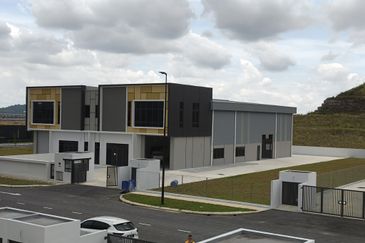
ECO BUSINESS PARK 5
Bandar Puncak Alam, Selangor

Eco Business Park V
Bandar Puncak Alam, Selangor
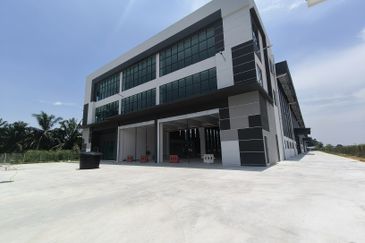
Sijangkang @ Industrial
Telok Panglima Garang, Selangor
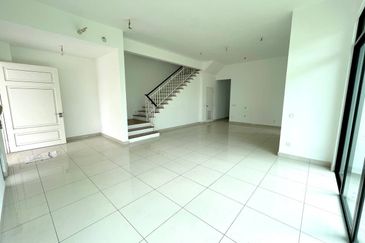
Tenderfields @ Eco Majestic
Semenyih, Selangor


